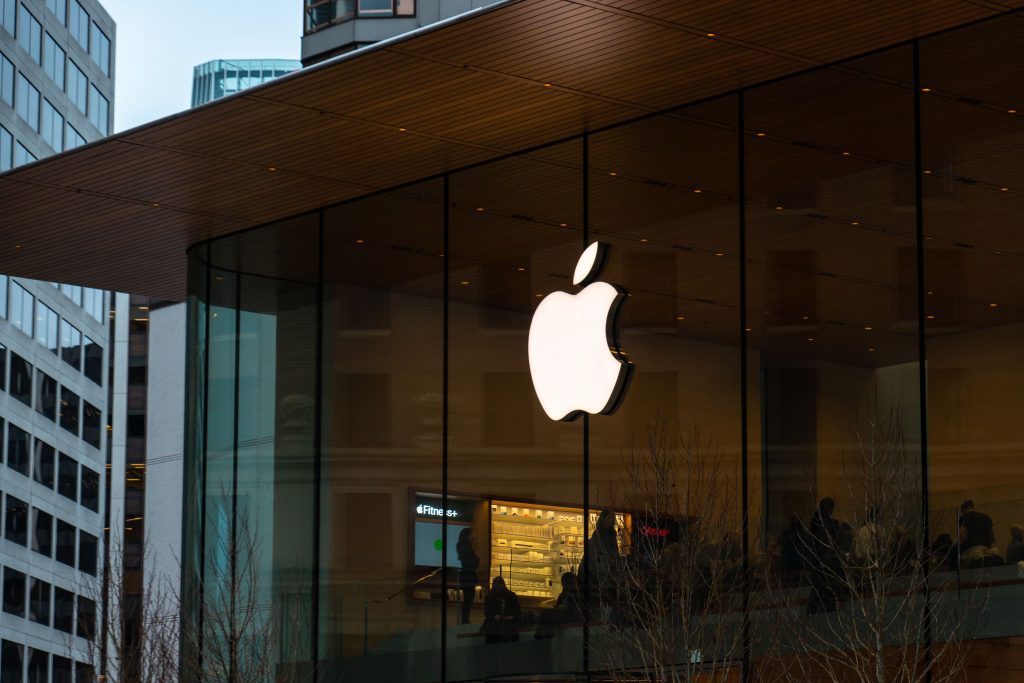
WASHINGTON, USA – In a significant development, the Supreme Court delivered a blow to Apple and Broadcom on Monday, June 26, by refusing to hear their appeal in a billion-dollar patent case brought by the California Institute of Technology (Caltech).
The decision sets the stage for a damages-only jury trial to determine the amount Apple and Broadcom owe for infringing Caltech’s wireless technology patents. Caltech had initially won a $1.1 billion verdict, but a lower court ruled that the damages needed to be recalculated.
According to Warwick (2022), Tte U.S. Court of Appeals for the Federal Circuit said, “the award, one of the largest in U.S. history for a patent case, was not justified by the record, ordering a new trial.”
Caltech, a private research university based in Pasadena, holds patents related to enhancing Wi-Fi speed and range on mobile devices. In 2016, the university filed a lawsuit against Apple and Broadcom in a federal court in Los Angeles, accusing them of unauthorized use of its patented inventions. The lawsuit claimed that millions of Apple devices, including iPhones and iPads using Broadcom Wi-Fi chips, infringed upon Caltech’s patents.
To challenge the validity of the patents, Apple and Broadcom requested the Patent and Trademark Office to reconsider their grant. However, the patent-office tribunal reviewed and upheld the patents’ validity, granting Caltech a significant victory. Subsequently, a jury in Los Angeles sided with Caltech in 2020, ruling that Apple and Broadcom had infringed the patents and ordering them to pay a combined $1.1 billion in damages.
The companies appealed the decision, leading to the U.S. Court of Appeals for the Federal Circuit upholding the jury’s findings of patent validity and infringement. Yet, the court also ordered a new trial specifically focused on recalculating the damages. Moreover, it determined that Apple was barred from presenting certain arguments in federal court that it could have raised during the earlier Patent Office administrative proceeding.
Apple and Broadcom then took the case to the Supreme Court, arguing that they were unjustly prevented from making crucial arguments. The Supreme Court sought the opinion of the Biden administration in January, and in May, the U.S. solicitor general advised against hearing the appeal, stating that the Federal Circuit had correctly applied the law.
With the Supreme Court’s denial to hear the appeal, the focus now shifts to the upcoming damages-only trial, where the jury will determine the final amount owed by Apple and Broadcom to Caltech for patent infringement. The decision is likely to have significant financial implications for both companies.
As the billion-dollar patent case moves forward, it highlights the importance of protecting intellectual property rights and the potential consequences for companies found guilty of patent infringement. The outcome of this trial will not only impact the parties involved but may also have broader implications for the technology industry.